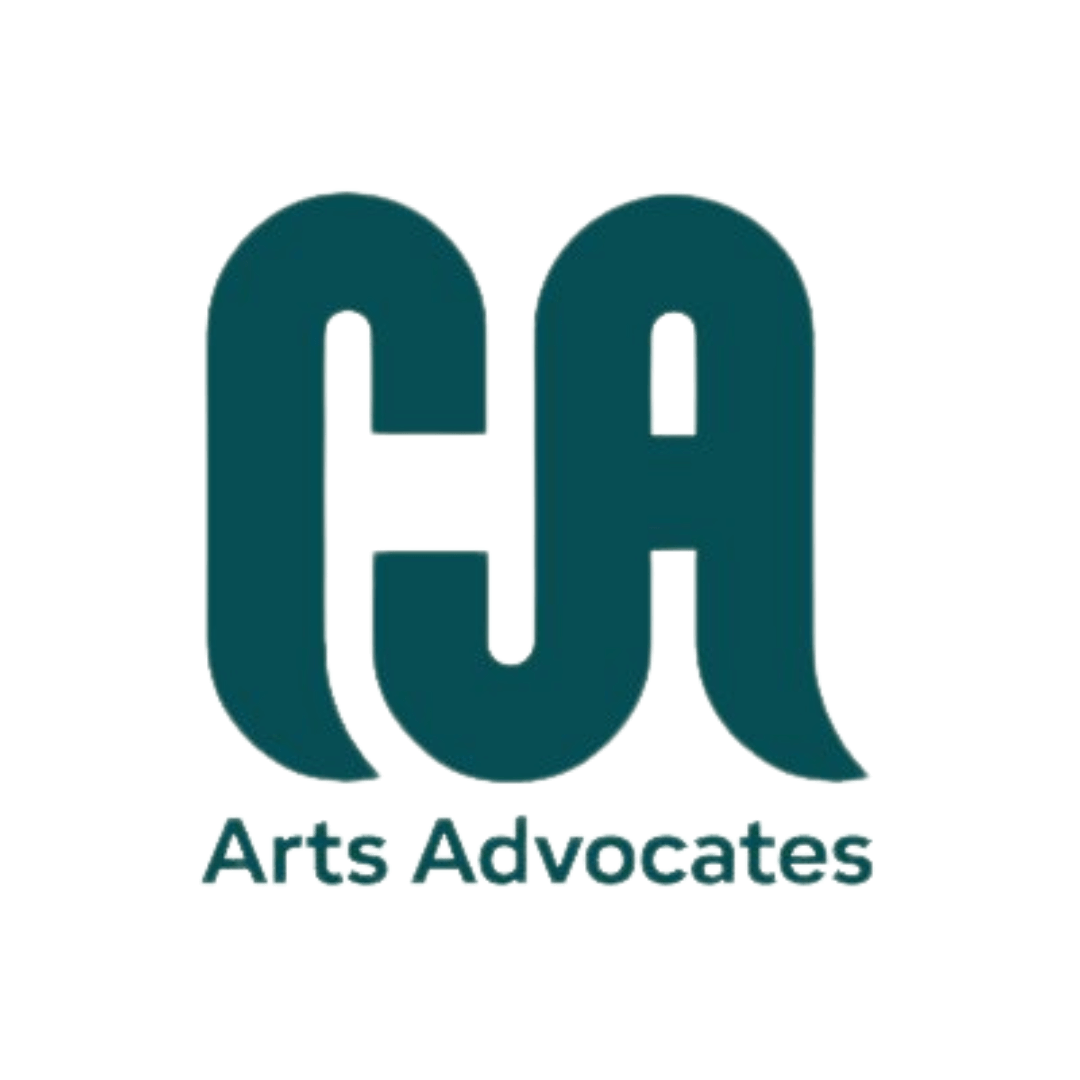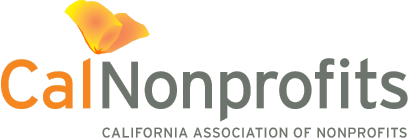ACSO was founded in 1969 by a small group of orchestra managers to be, in part, an advocacy organization to champion the creation of the California Arts Council.
Today, we continue to advocate, in coalition with other advocates, for increased public funding for the California Arts Council as well as the National Endowment for the Arts. We also actively monitor state and federal legislation and support policies and strategic initiatives that benefit the orchestra community.
We also provide those working in orchestras and the performing arts with information, training, and resources so that they can build their government relations programs and advocate directly to their elected officials, business leaders, stakeholders, and voters about the essential econocmic value and well-being that orchestras bring to their communities.
ACSO often partners with state and national associations to achieve shared goals.
- To see information about bills that affect the CA nonprofit sector check out CalNonprofits' Legislation Tracker.
- Learn about CA Arts Advocates advocacy priorities.
- Learn about the League of American Orchestras' key policy issues.
ACSO participates in Arts Advocacy Day at the State Capitol in Sacramento and sponsors the statewide Arts & Culture Summit, both organized by California for the Arts every April.
If you would like to get involved with ACSO's advocacy work or have advocacy questions, email advocacy@acso.org.
Active Advocacy Issues
Restore $5M to California Arts Council (3/7/25)
July 1 update from CA for the Arts: Funding for the California Arts Council local assistance program remains flat at around $20m in the July 2025.
In 2024, the California Arts Council budget took a significant hit and was cut by $5 million for two years, reducing its funding to just $21 million to serve the entire state. Assemblymember Chris Ward from San Diego, in his new role as Chair of the Arts, Entertainment, Sports, and Tourism Committee, will request to restore that funding in the 2025-26 budget. Send a message to the Governor and your legislators about the importance of public funding for the arts and to urge them to support restoring the $5 million to the CAC.
Save the Performing Arts Equitable Payroll Fund (5/16/25)
July 1 update from CA for the Arts: Thanks to the Legislature, a series of budget bills signed on July 1 restores the $11.5 million for the Performing Arts Equitable Payroll Fund that Governor Newsom proposed to cut in the May revise. This funding will now go to small budget nonprofit performing arts organizations across the state for payroll subsidies to support arts jobs. Over $40 million in applications were received for the program before it was halted by the Governor's proposal. While some applicants will receive awards, not all will. Future advocacy will focus on securing continued funding for this program.
On May 14, the Governor issued the “May Revise” to the CA 25-26 budget. This revision included reverting $11.5M allocated to the Performing Arts Equitable Payroll Fund. (PAEPF) back to the General Fund and zeroing out funding for the program. Established by SB 1116 (Portantino), PAEPF was the result of five years of grassroots advocacy and lobbying to offer a payroll solution to small budget nonprofit performing arts organizations destabilized by CA employment laws and costs increases.
The PAEPF program opened in March as a first-come, first-served grant program and closed quickly over a 10 day period due to the demand of hundreds of CA small nonprofits applying. The Governor’s revision effectively cancels the program as applications are currently under review, and the loss of funds would have a devastating impact on small performing arts organizations that rely on sources of funding such as this.
ACSO is working closely with CA Arts Advocates and coalition partners, and grassroots advocates are speaking up and taking action across the state.
Read ACSO's Joint Letter with AFM Local 7 to Legislative Leaders Opposing the PAEPF Cut
Here's How You Can Take Action
|




